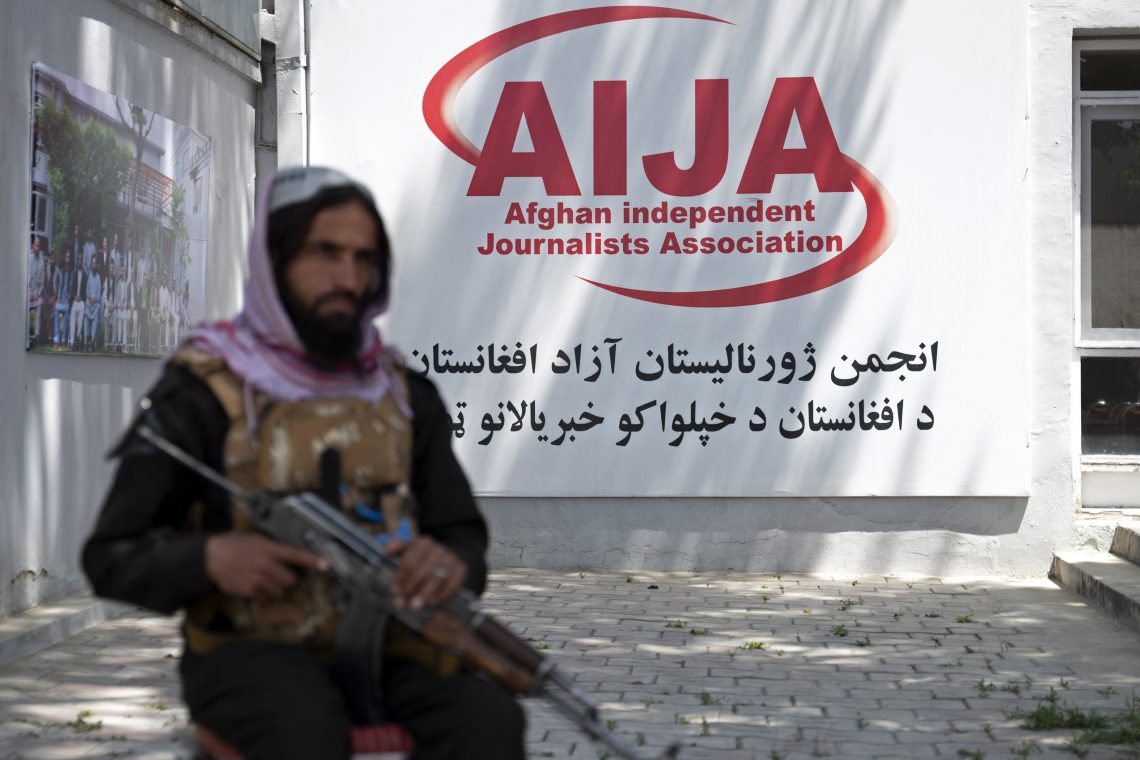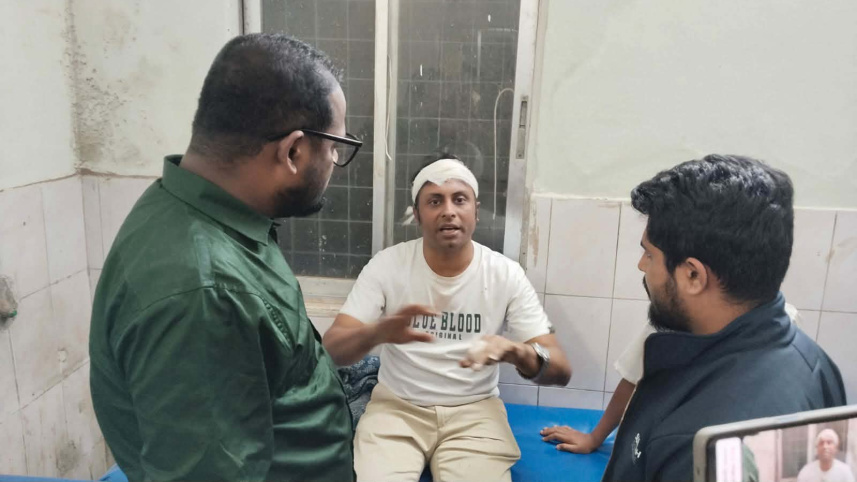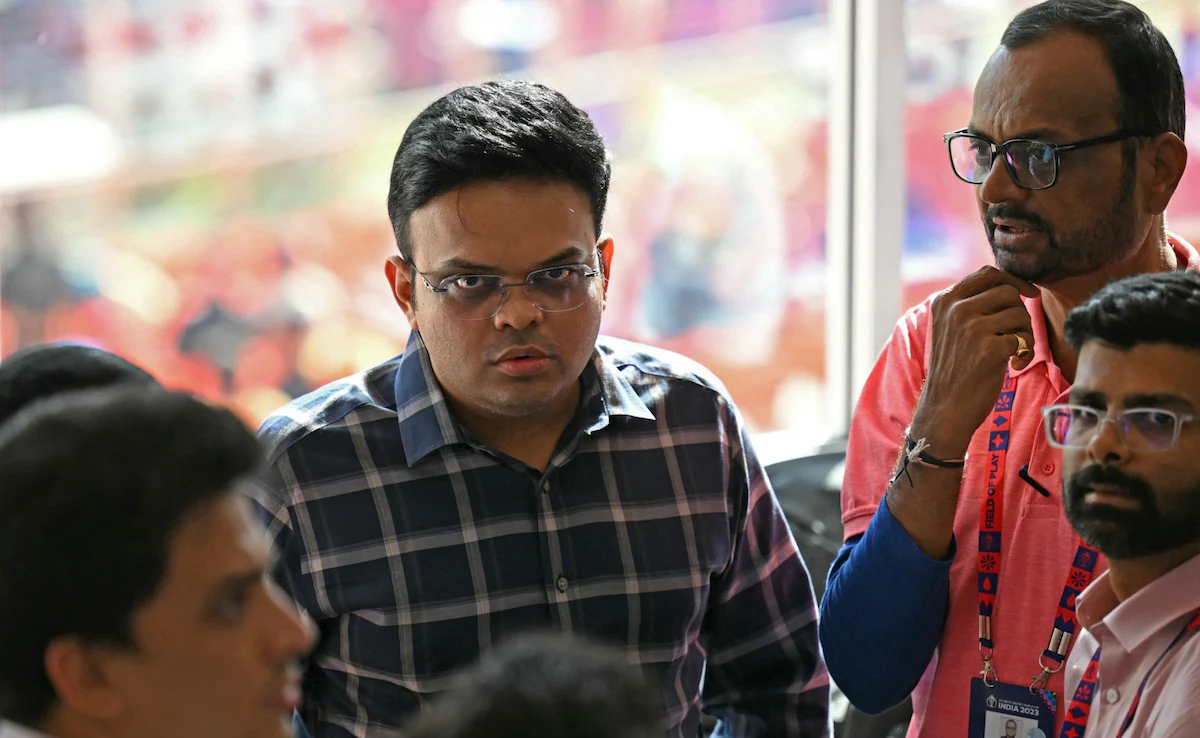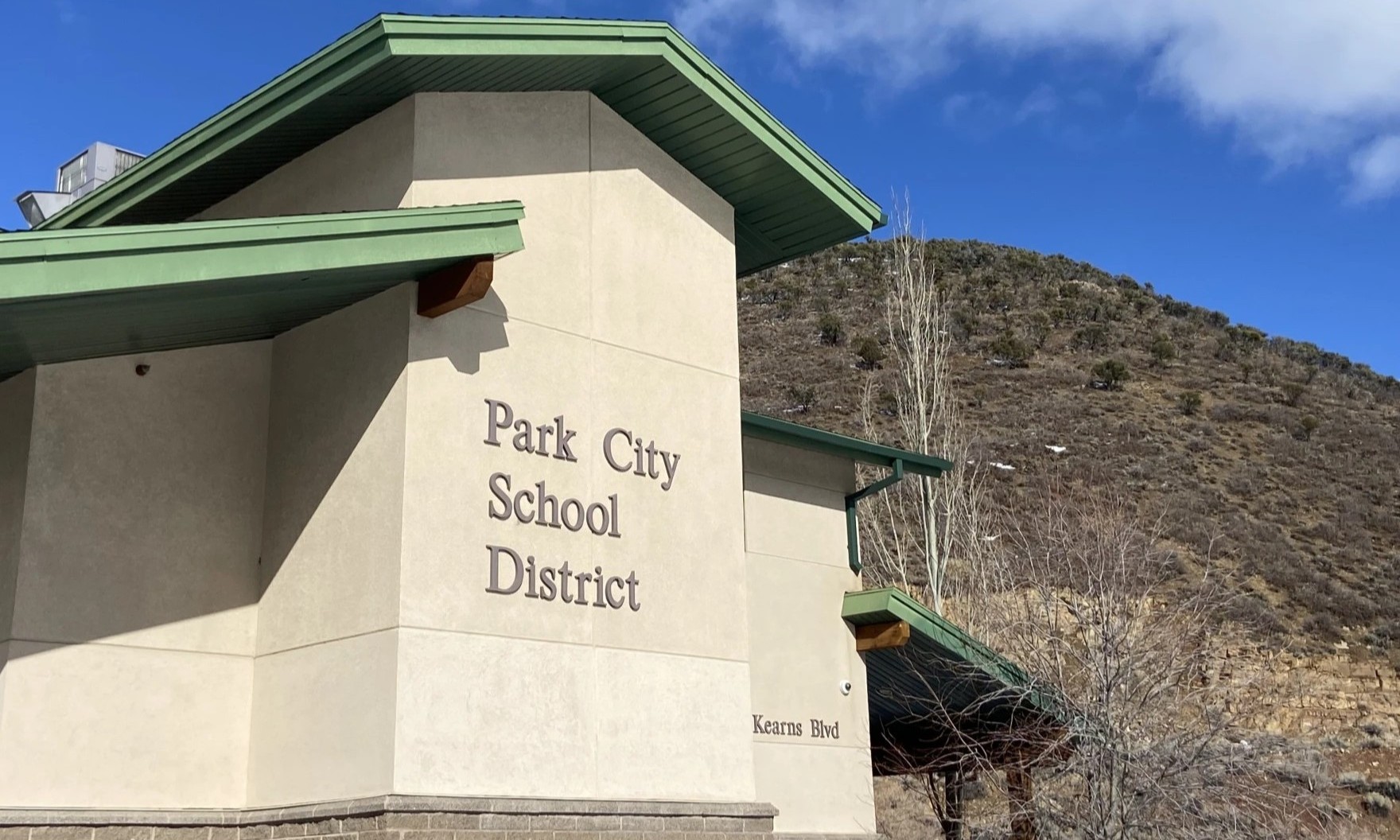
Former Park City School District COO Files Defamation Lawsuit Against Freelance Journalist
July 18, 2025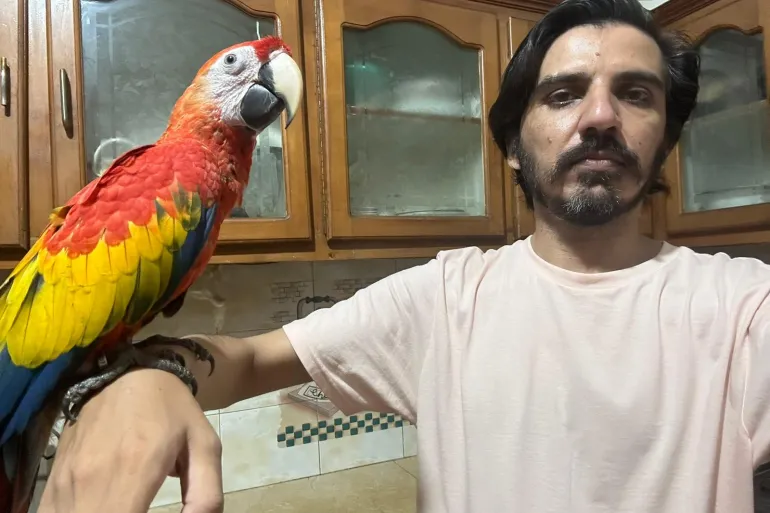
Pakistan Freezes Bank Accounts of Parrot Sellers Linked to Journalist Asad Ali Toor
July 19, 2025July 18, 2025 – India –
Veteran journalist and YouTuber Ajit Anjum is facing serious legal trouble after an FIR was filed against him on July 13, 2025, by a booth-level officer in Sahebpur Kamal, Begusarai district, Bihar. The FIR accuses him of criminal trespass, obstruction of public duty, inciting communal disharmony, and spreading misinformation. These charges were filed under the new Bharatiya Nyaya Sanhita and the Representation of the People Act.
Anjum had visited a Special Summary Revision (SSR) camp and filmed a video highlighting alleged irregularities in the voter list process. He questioned officials about the exclusion of Muslim names and missing photos in the records. The video, widely shared on social media, led to accusations that he disrupted official work and created communal tension by focusing on religious voter demographics.
The FIR has triggered widespread condemnation from media organizations and press freedom advocates. The Accredited Journalists Association called the move an “attack on journalism” and demanded that authorities drop the charges immediately. The Editors Guild of India expressed deep concern, warning that criminalizing journalistic inquiry poses a threat to democratic values. DIGIPUB News India Foundation echoed this view, calling it a clear act of intimidation meant to silence independent reporting.
Anjum has defended his actions, saying he acted in the public interest and merely questioned officials about procedural lapses. He claimed that local authorities tried to pressure him into deleting the video and has vowed to fight the charges in court.
This incident is part of a broader trend in India where journalists face increasing legal and political pressure, particularly when reporting on elections, governance, or communal issues. Critics argue that such actions are meant to suppress media scrutiny and deter reporters from exposing flaws in official processes.
As legal proceedings unfold, media bodies continue to demand the withdrawal of the FIR and better protections for journalists. The case has sparked renewed debate over the state of press freedom in India and the boundaries of legitimate journalistic inquiry in the democratic process.
Reference –

